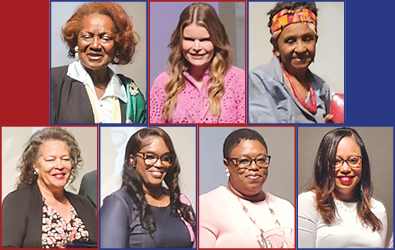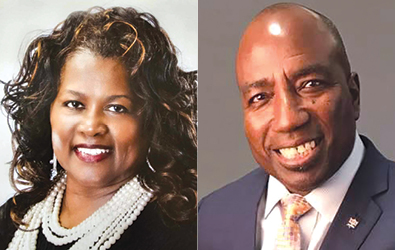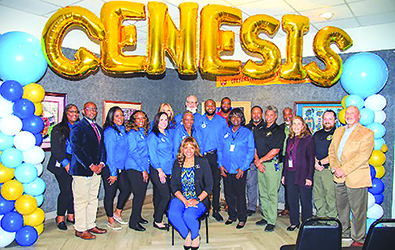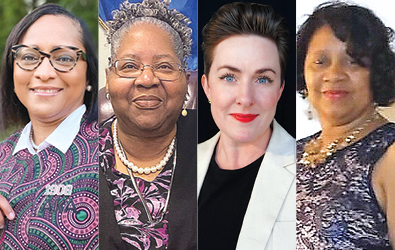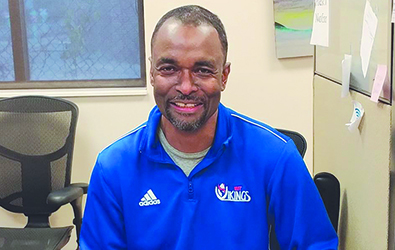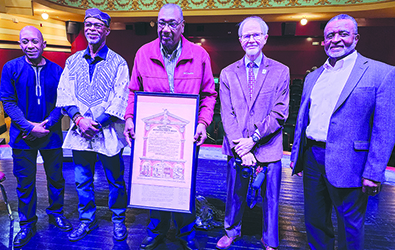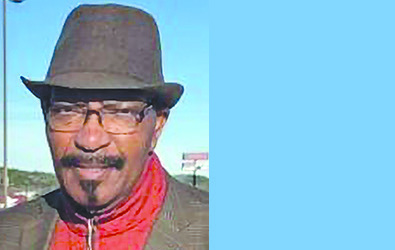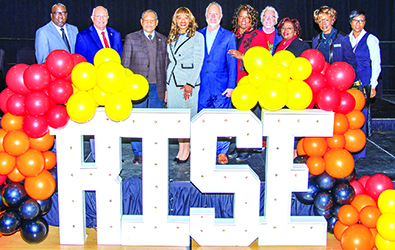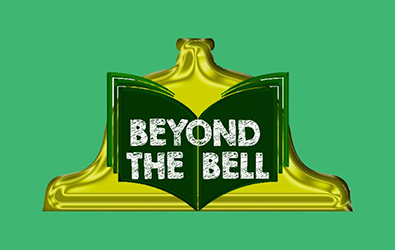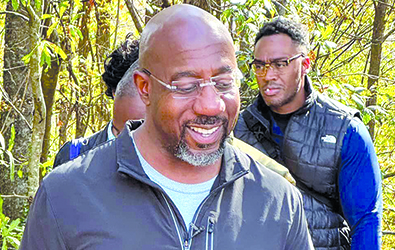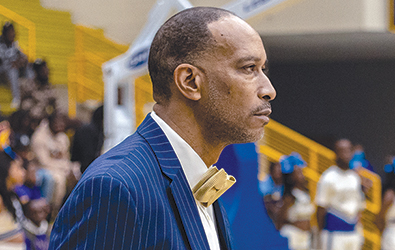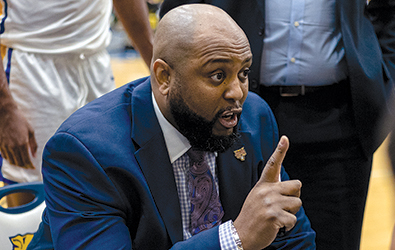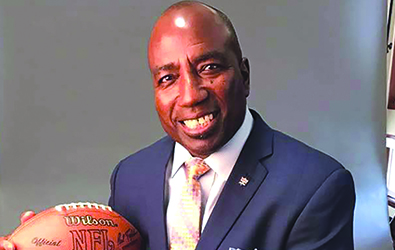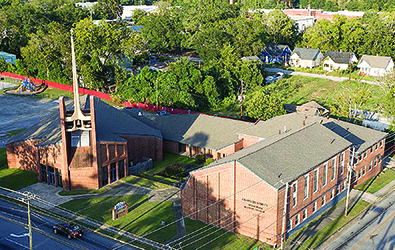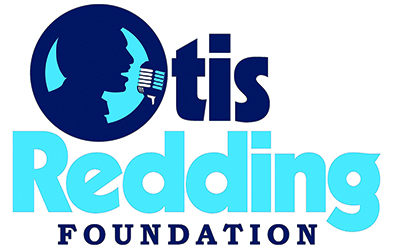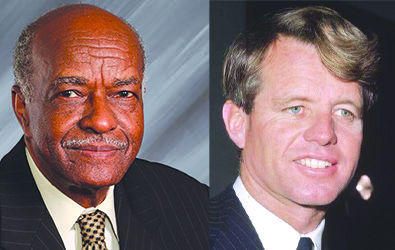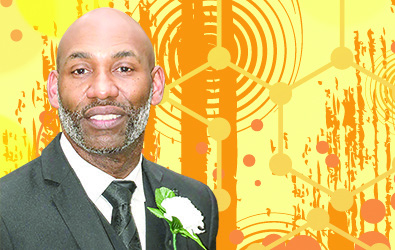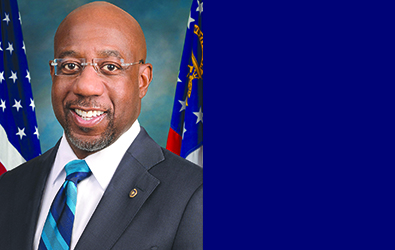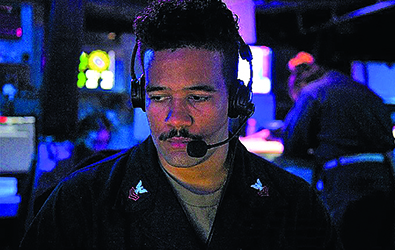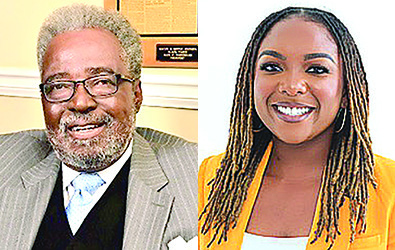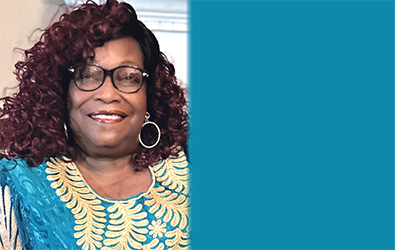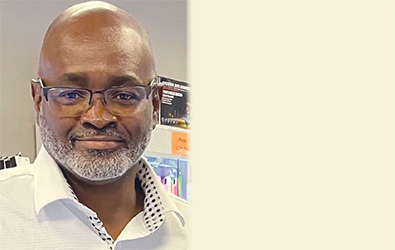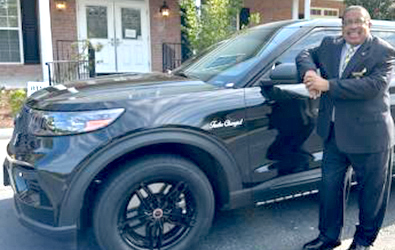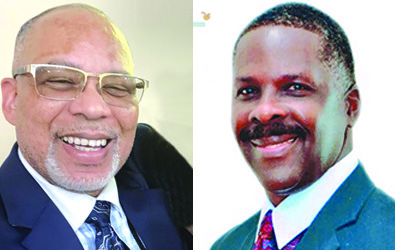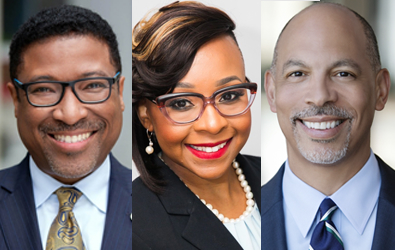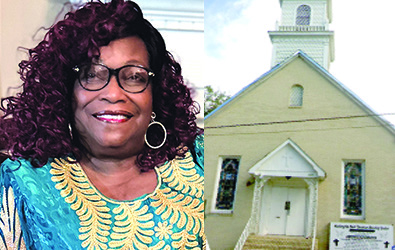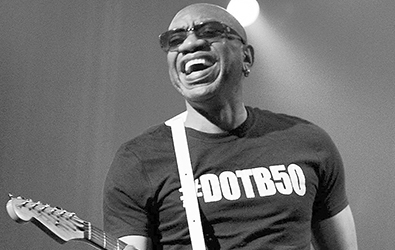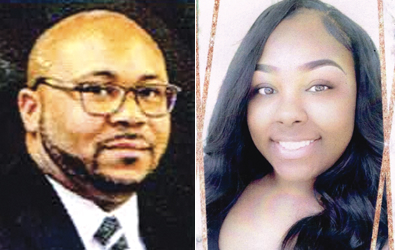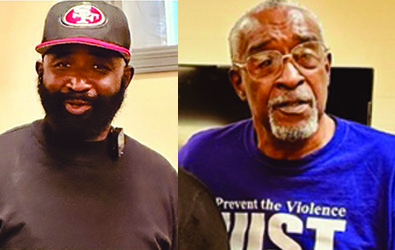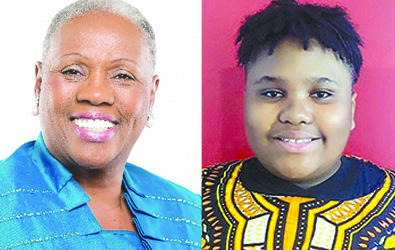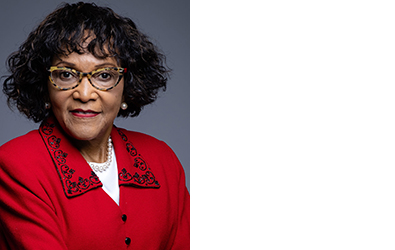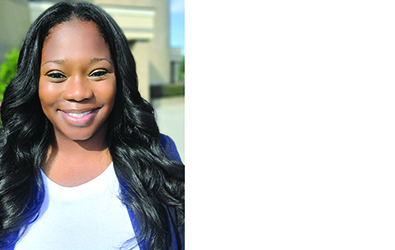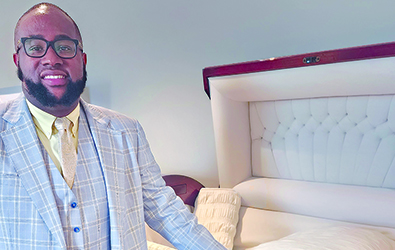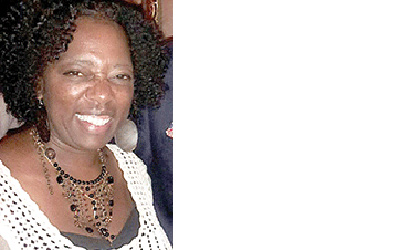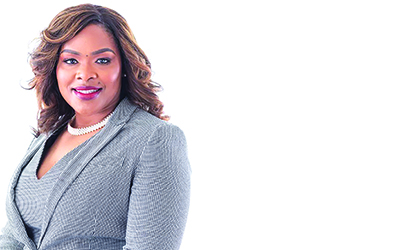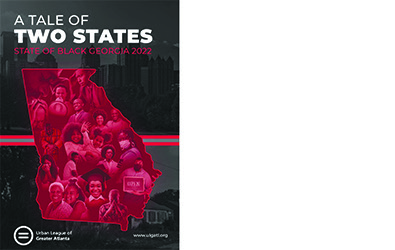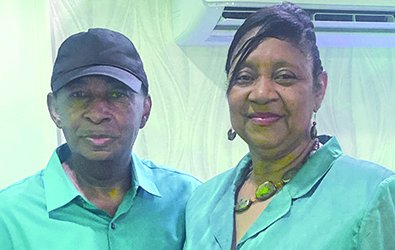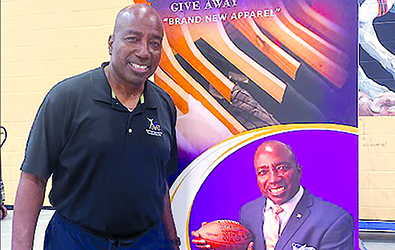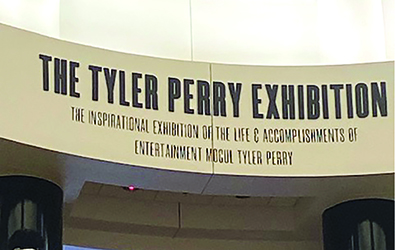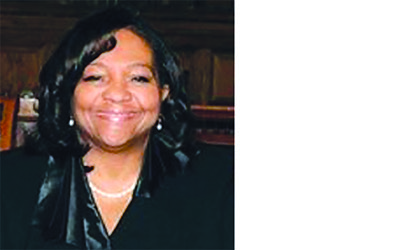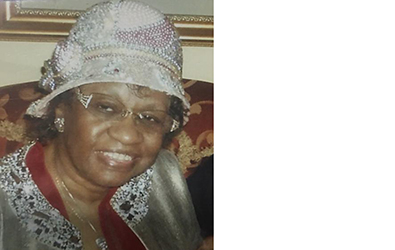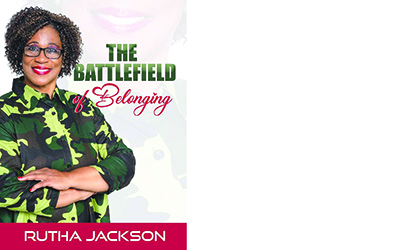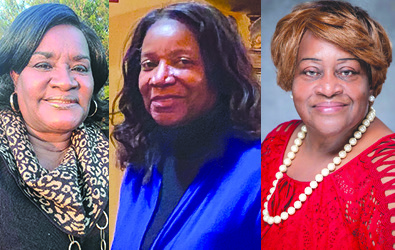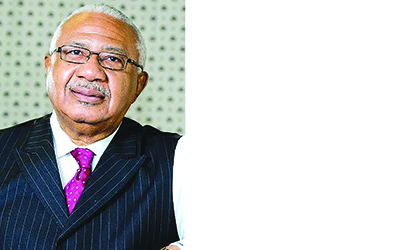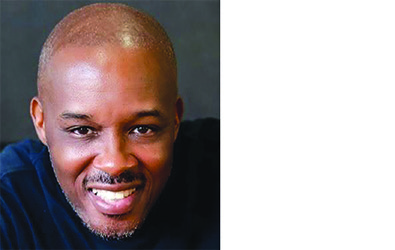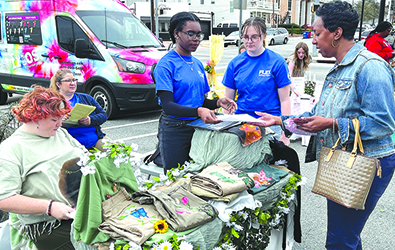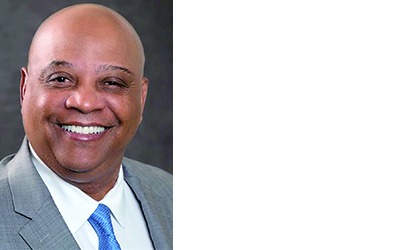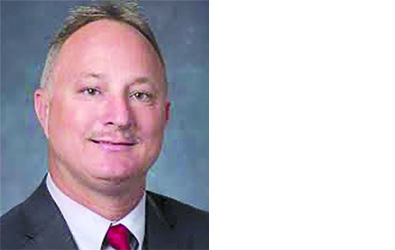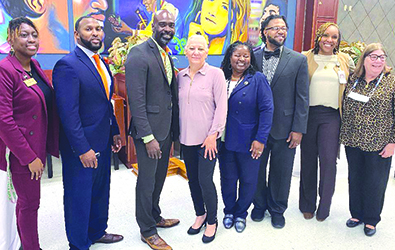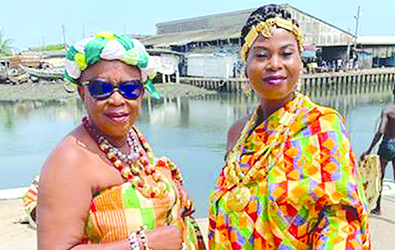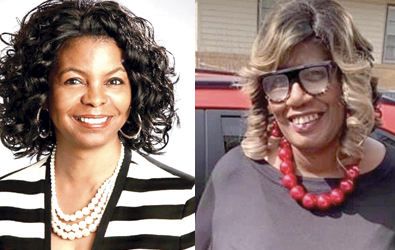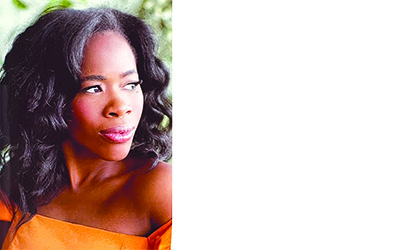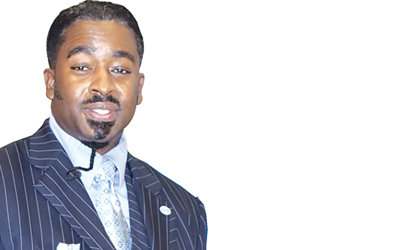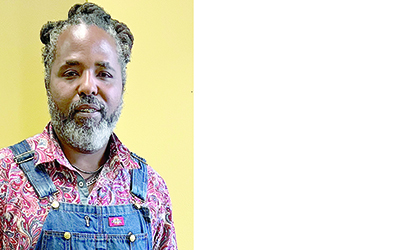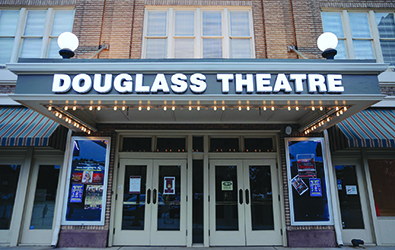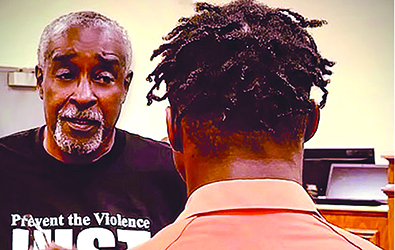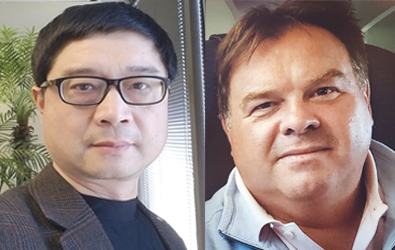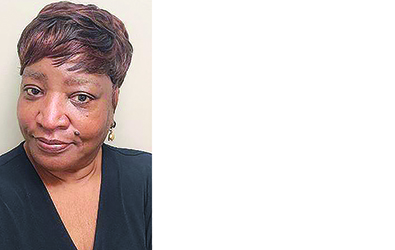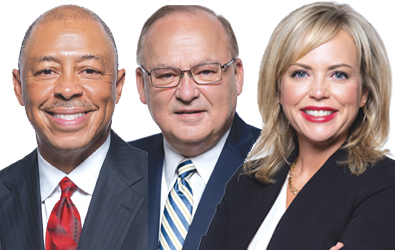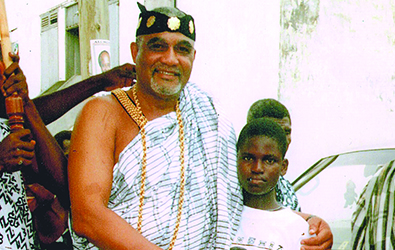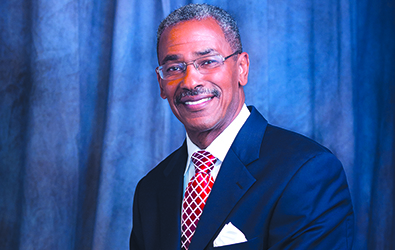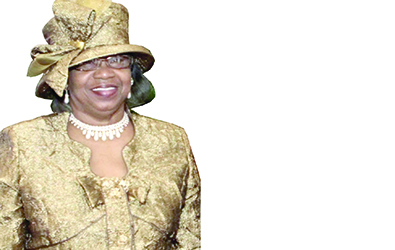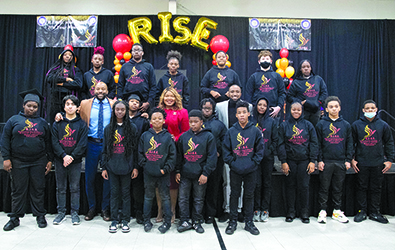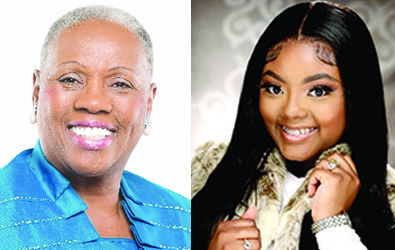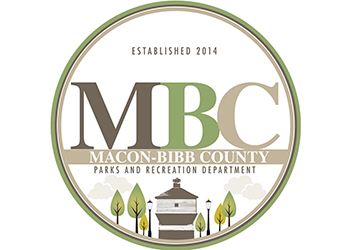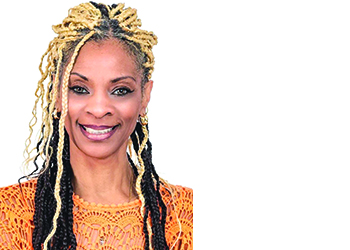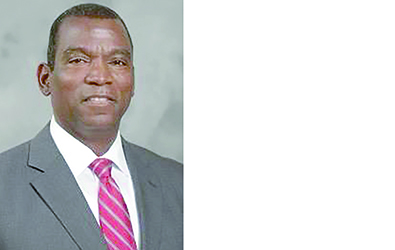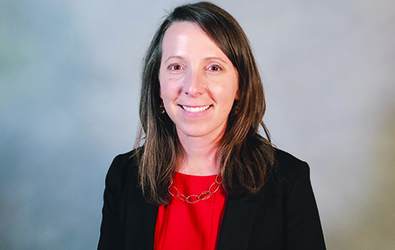A Tale of Two States — “State Of Black Georgia” 2022 — President’s Message
Why The “State of Black Georgia” Report?
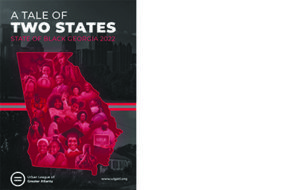 The manifestations of centuries-long systemic and institutionalized racial prejudice lurk deep beneath the surface and rise above glaringly in a series of laws and practices that limit the everyday lives of Black people and other people of color throughout our nation.
The manifestations of centuries-long systemic and institutionalized racial prejudice lurk deep beneath the surface and rise above glaringly in a series of laws and practices that limit the everyday lives of Black people and other people of color throughout our nation.
Statistically, Georgia is one of the worst offenders. In this, the Urban League of Greater Atlanta’s inaugural “State of Black Georgia” report, we present factual data on the plight of Black people and communities of color, and we delve into the reasons behind the numbers.
Our research offers a clear explanation of why so many Black people remain mired in generational poverty, through no fault of their own. Through this exploration of urgent issues that stymie growth and prosperity in Black and other communities of color in Georgia, we intend to encourage equitable policies, practices, and legislation that can lead to sustainable change that has eluded us for centuries.
It is often reported that Black people are disproportionately living in poverty; that Black men, especially, are ensnared in the criminal justice system and sent to prison at a rate far outpacing their percent of the population; that Black women die of complications from childbirth more than three times higher than White women; that people of color are underrepresented in the halls of the Georgia State legislature and in corporate executive suites; and that students of color are more likely to attend inadequately funded public schools and to enter school without early childhood learning experiences equaling those of their White peers.
In our analysis and in a series of essays in this report, you will learn exactly how an interlocking deck has been stacked against Black people and other people of color — sometimes in a carefully coordinated manner at the highest political and legislative levels and sometimes as a result of historical, private sector patterns that oppress Blacks and other “minorities.” The legally enshrined measures that serve to hold entire communities back and the patterns that reflect those laws both remain a cancer on our society, threatening the stability of our state and nation, and everyone’s future.
The “State of Black Georgia” report is inspired by the National Urban League’s “State of Black America” report that has been released to wide acclaim annually since 1976 under the stewardship of the organization’s fifth president, a native Georgian, Vernon E. Jordan. The NUL report addresses racial equality in the areas of economics, employment, education, health, housing, transportation, criminal justice, and civic participation. It also has served as a guide for thought-leaders committed to making our nation a more just place for all who live, work, and visit here.
Similarly, the “State of Black Georgia” report will address these sectors. We decided to target six cities/regions that represent the social, cultural, and economic hubs for Black Georgians — Albany, Atlanta, Augusta, Columbus, Macon, and Savannah. We also convened Black leaders across Rural Georgia to gain perspectives on these focus areas from their point of view.
This allows us to highlight similarities in the manifestation of institutional racism city to city and across the state, and to target solutions for implementation at the local, county and state levels. In this manner, we have a chance to work together to change the trajectory of the lives of hundreds of thousands of Black people and other people of color and make Georgia a model for our nation.
Throughout the production of this report, we have been welcomed in the six cities/regions at the community level and by allies who agree that equal and equitable justice and economic opportunity for all will enhance the lives of everyone, no matter what race, creed, or color. The leaders in the public, private and nonprofit sectors who are working with us all agree that racial oppression and poverty work against the common good and our society as a whole. And that if we don’t fix these problems, we will leave a weakened state and nation for the next generations. Inaction now will exacerbate the social and economic challenges that are being driven by the widening racial wealth gap.
Please read this report carefully with an eye toward understanding how we reached this crisis of huge racial disparities and inequities and how you can become engaged in influencing positive change. Your choices for making a positive difference are virtually endless. Everyone of all ages, races, genders, and religions can play a role starting in our own families, homes, workplaces, social settings, and places of worship.
Together, we can end poverty and despair for families, small businesses and struggling communities across our state. We can build systems that assure equity in education, employment, health and well-being, housing and environmental decisions, training and workforce development, broadband access, voting rights, policing and criminal justice, small business development, access to capital and contracting, and more.
I am grateful for the ULGA SOBG Team (John Moye, Dr. Ed Smith, Lurma Rackley, Beverly Iseghohi, Nichola Hines, Kennedy Smith, DeShaun Blake, Bridget Wiles and APD Urban, Bridget Fields and Andrew Frazier and DesignShow Marketing) and the many civil rights, community, academic, business, faith-based, civic, and professional experts and community leaders who serve as collaborators and contributors to our inaugural “State of Black Georgia” report. And to all the men, women, and youth who shared with us their experiences in a series of “community listening sessions” in the six cities/regions and rural Georgia where we met with them. I also am grateful to you for reading this report. I hope it will inspire you to commit your time and talent to the ideal of a “State of Black Georgia” we can build with pride together.


